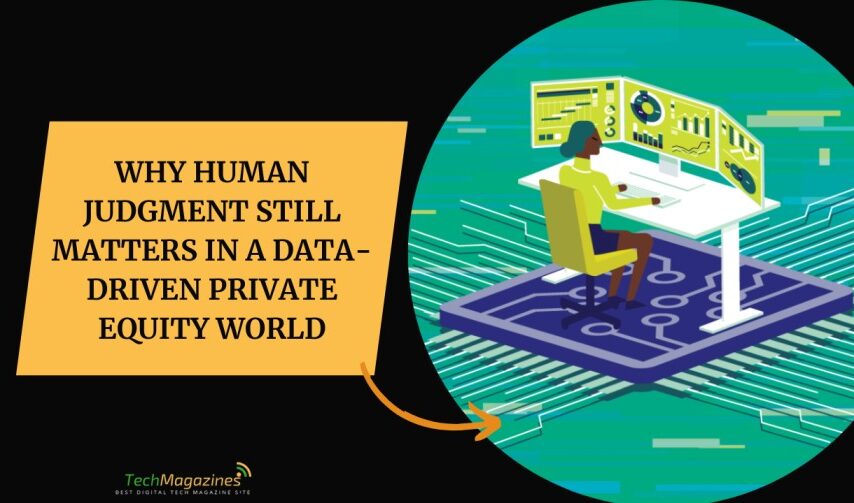Private equity has never been more data-driven. Artificial intelligence is transforming how firms find deals, evaluate investments, and manage portfolios. The technology is impressive—no doubt about that—but it raises an important question. In a world where algorithms can process thousands of data points in seconds, where do people fit in?
Lumenalta’s recent whitepaper showcases how private equity and artificial intelligence are intersecting to drive significant efficiency gains for firms. Faster deal sourcing, quicker valuations, and streamlined due diligence are compelling benefits. But it’s worth remembering that no technology, no matter how advanced, can fully replace human insight.
AI is changing private equity, but it’s not infallible
Numbers tell a story, and the data from Lumenalta’s research is clear. 92% percent of private equity professionals say AI has a positive influence on the valuation of acquisition targets. That kind of statistic speaks volumes. AI can flag promising opportunities, identify patterns others might miss, and save firms valuable time.
Even so, data has its limits. An algorithm can’t capture the subtle nuances of market sentiment or pick up on the tension in a boardroom meeting. Sometimes, the crucial information isn’t in the spreadsheets or financial reports. It’s in a conversation with a company’s leadership team or a gut feeling developed over years of experience. AI can show you what’s likely, but it can’t tell you what’s possible when human ambition and adaptability come into play.
Why people still matter
Reading between the lines in complex markets
AI is great at analyzing what has happened to predict what might happen next. But markets are unpredictable. Regulatory changes, global politics, or sudden shifts in consumer behavior can upend even the most accurate models. That’s where human judgment comes in. Seasoned investors can spot connections and potential risks that data alone can’t reveal.
Leadership, culture, and things data can’t measure
Financial health is one thing, but how do you measure a company’s culture? How do you predict how a management team will handle unexpected challenges? AI can’t sit down with a CEO and gauge their leadership style or see how a team collaborates under pressure. Those human factors often play a decisive role in a company’s success, especially during critical transitions like acquisitions or expansions.
Trusting your instincts when it matters
Sometimes, the numbers say yes, but something feels off. Other times, data might not fully support a decision, but the opportunity feels too good to pass up. Those moments are where experience and instinct come into play. While gut feelings shouldn’t drive every decision, they often signal when something deserves a second look—or a leap of faith.
Getting the best from both worlds
The smartest firms aren’t choosing between technology and human insight. They’re using both. AI handles the heavy lifting—processing data, highlighting trends, and cutting down on research time. This frees up teams to focus on the bigger picture. When technology and human judgment work together, firms can make faster decisions without sacrificing depth or quality.
AI tools will keep evolving, becoming faster and more sophisticated. That’s exciting. But even as algorithms improve, they can’t replicate the experience gained from years in the field or the intuition developed through countless negotiations and meetings. Human input remains essential.
Moving forward with balance
Lumenalta’s research makes one thing clear: adopting AI isn’t optional for firms that want to stay competitive. The technology offers real advantages that no modern private equity firm can afford to ignore. But relying entirely on AI is a different story. Data is a guide, not a decision-maker. It points the way, but people still need to steer.
AI can help spot opportunities and mitigate risks, but deals aren’t just numbers on a page. They’re built on relationships, strategy, and understanding the nuances that algorithms can’t detect. In the rush to adopt new technology, the firms that succeed will be the ones that remember the value of a balanced approach.








